DG ISPR blames political, governance failures for rise in terrorism in KP
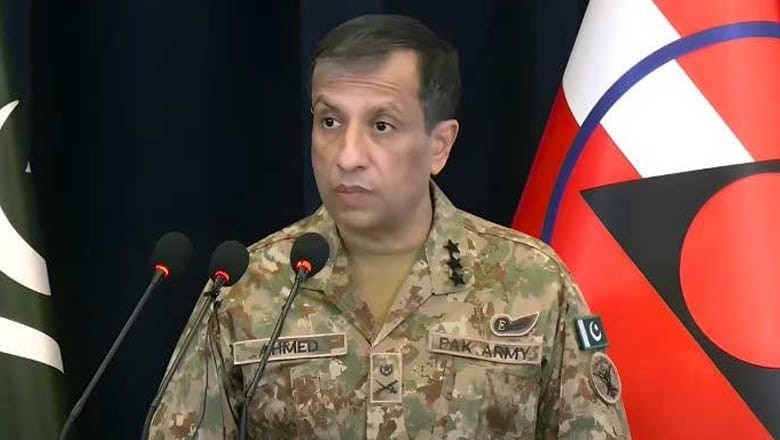
Webdesk
|
10 Oct 2025
Director General Inter-Services Public Relations (DG ISPR) Lt Gen Ahmed Sharif Chaudhry said on Friday that poor governance, political interference, and the failure to fully implement the National Action Plan (NAP) have contributed to the persistence of terrorism in Khyber Pakhtunkhwa (KP).
Addressing a press conference in Peshawar, the military spokesperson said that 2024 and 2025 have witnessed some of the deadliest terrorist activity in recent years. He revealed that 14,535 intelligence-based operations (IBOs) were conducted in KP in 2024 and 10,115 so far in 2025, with an average of 40 operations daily.
According to the DG ISPR, 769 terrorists were killed in 2024 and 917 in 2025, while 577 people were martyred in 2024 and 516 this year, including 311 military and FC personnel, 73 police officers, and 132 civilians.
He stated that the number of “foreign terrorists” killed in 2025 was the highest in the past decade, while 161 Afghan nationals were among those eliminated in the last two years. “Terrorists entering from across the border are using Afghanistan as a base of operations against Pakistan,” he said, adding that India was also using Afghan soil to support terrorist activities.
Lt Gen Chaudhry criticised political elements for giving “space to militants and their facilitators” under a “planned strategy” and weakening governance and law enforcement institutions in the province. “Where there is poor governance, terrorism thrives,” he remarked, citing Sindh and Punjab as examples of better law enforcement where the terror-crime nexus was not active.
The DG ISPR said the failure to implement NAP and the politicisation of counterterrorism efforts had allowed terrorism to persist. “Some people are spreading a misleading narrative that terrorists should be negotiated with. I ask, is dialogue the solution to every problem?” he questioned, drawing parallels with historical wars to reject the notion of talks with militant groups.
He further criticised those opposing the repatriation of Afghan refugees, saying it was a national policy decision agreed upon in 2014 and reaffirmed in 2021. “After hosting Afghan brothers for decades, when the state decides on their repatriation, politics should not be played on it,” he added.


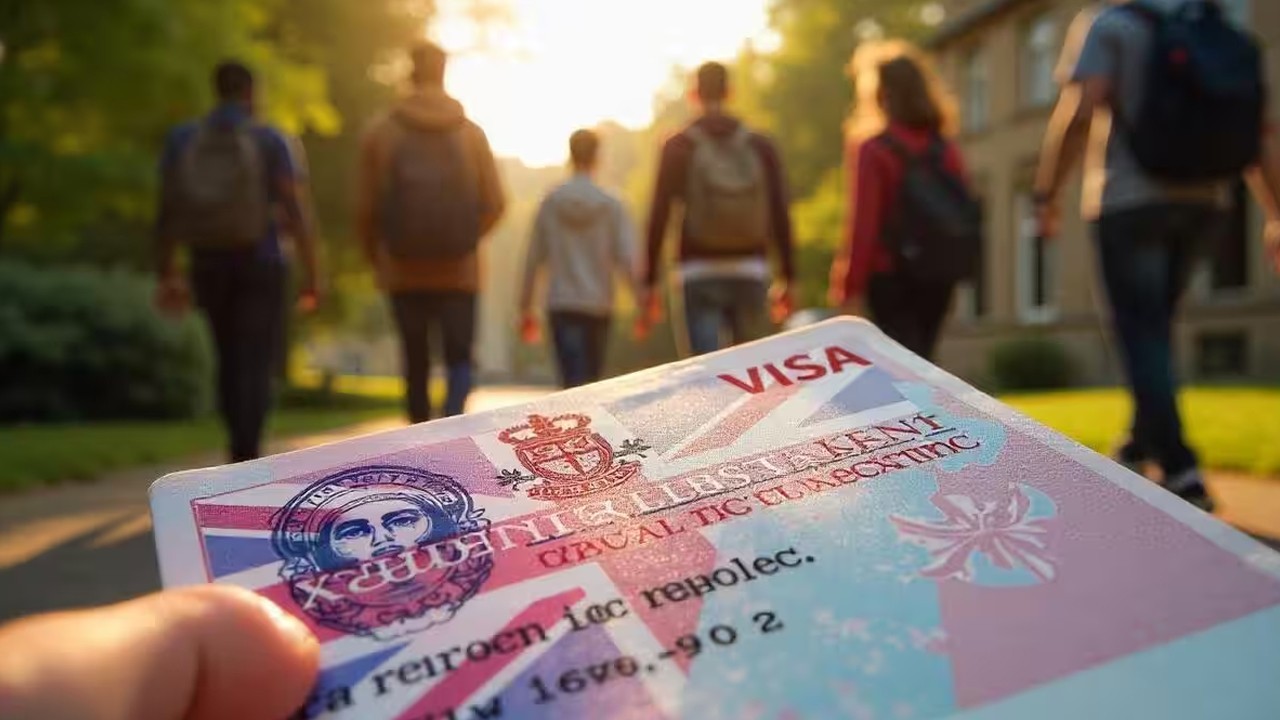
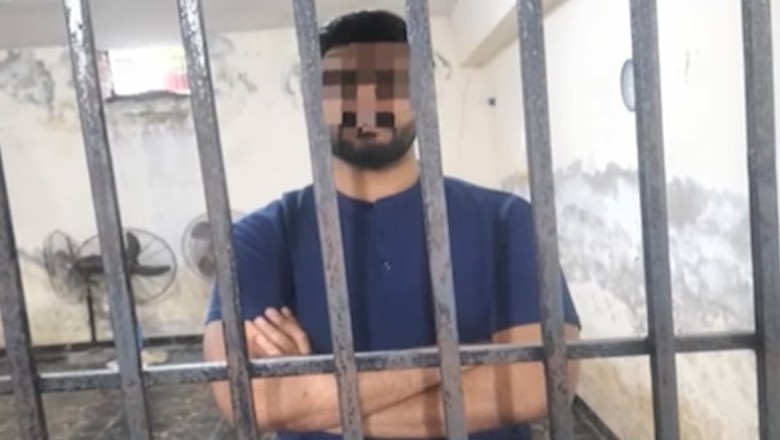
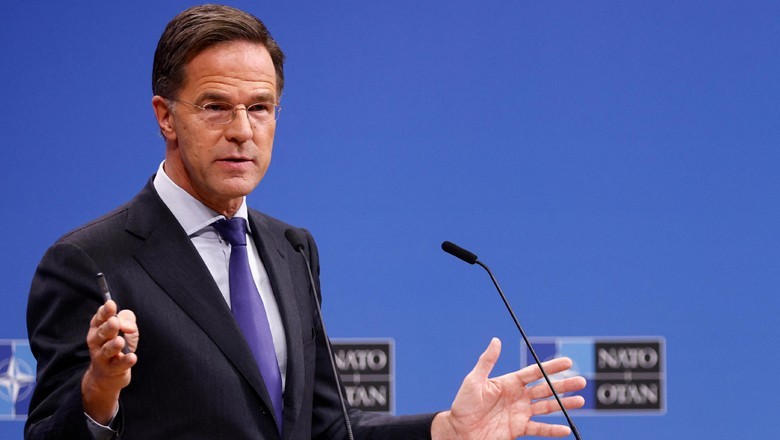

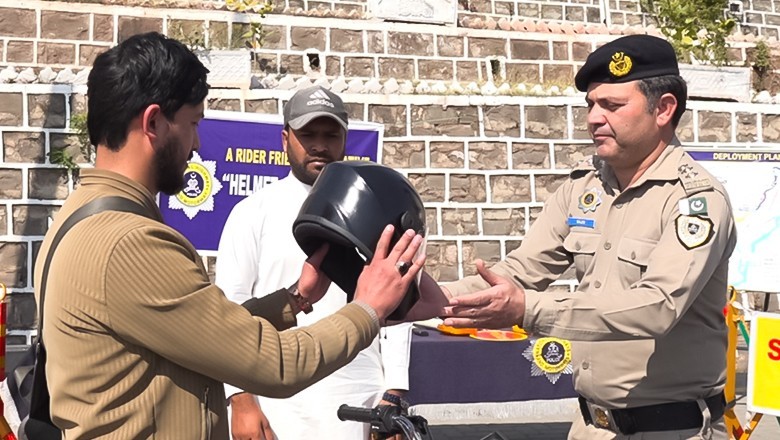



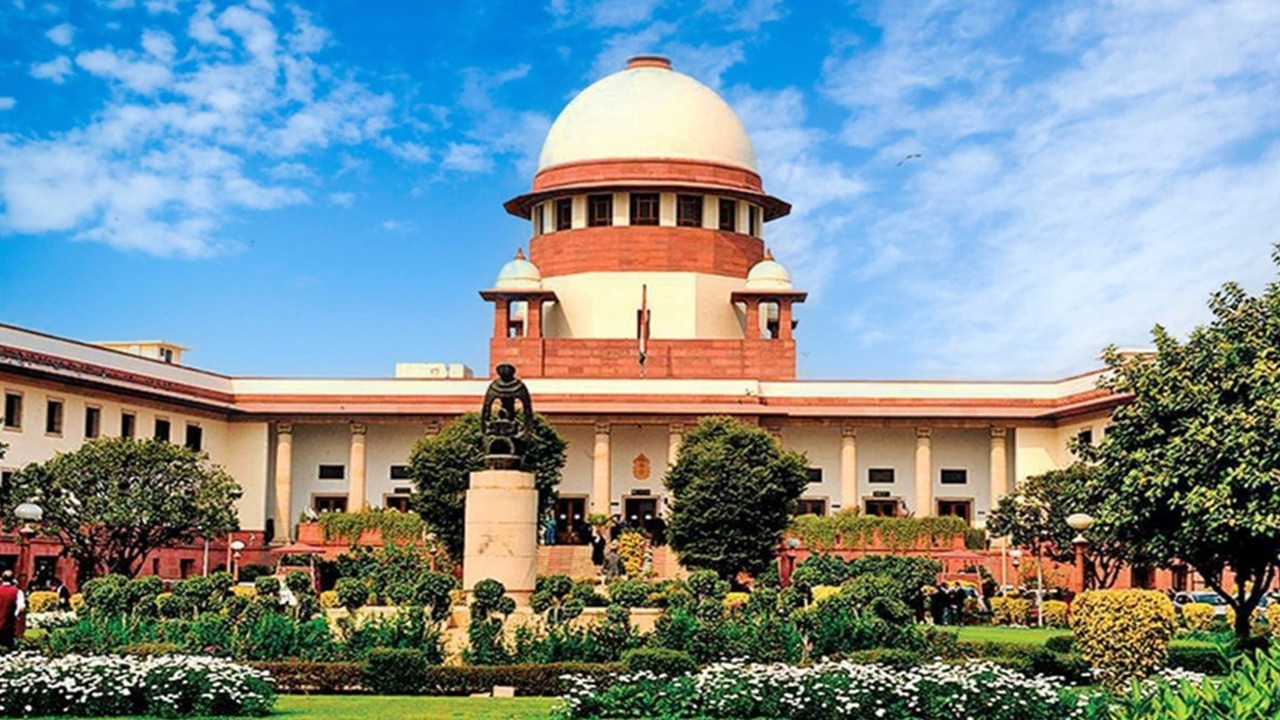
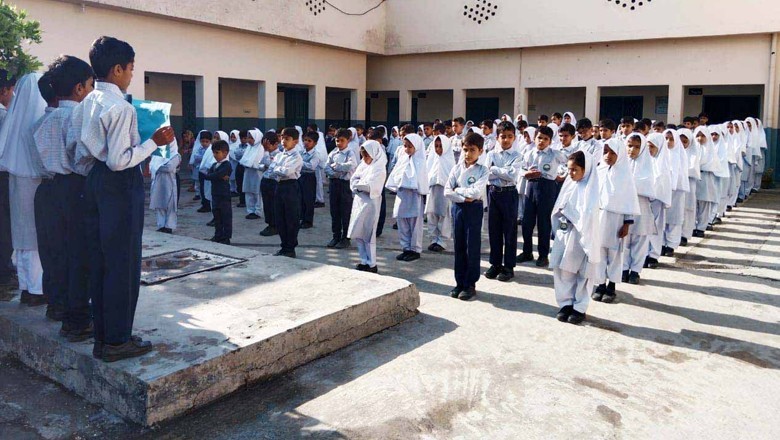
Comments
0 comment